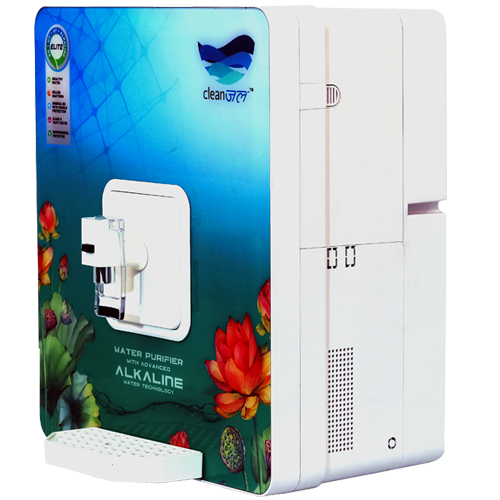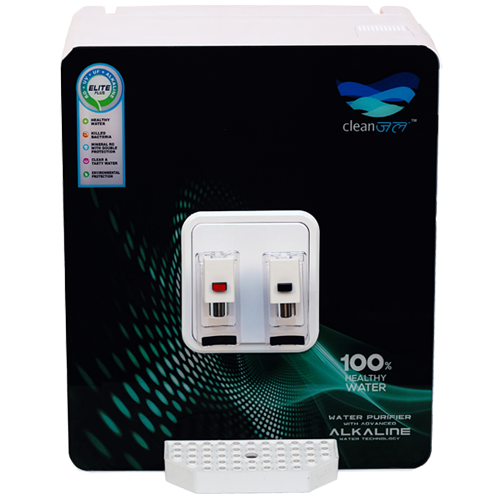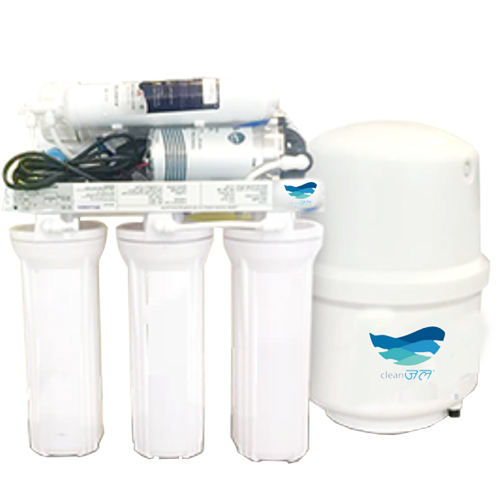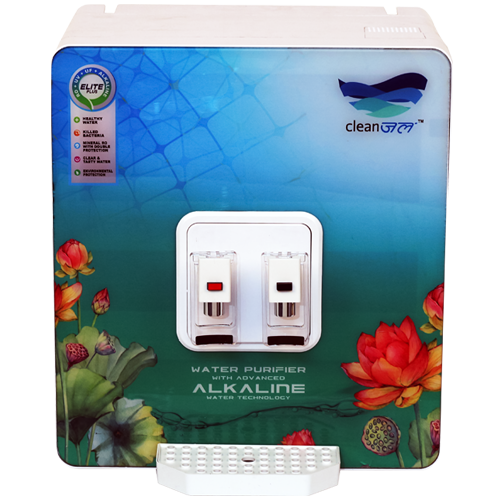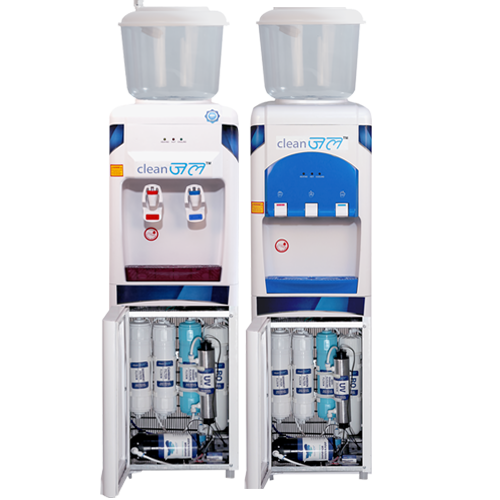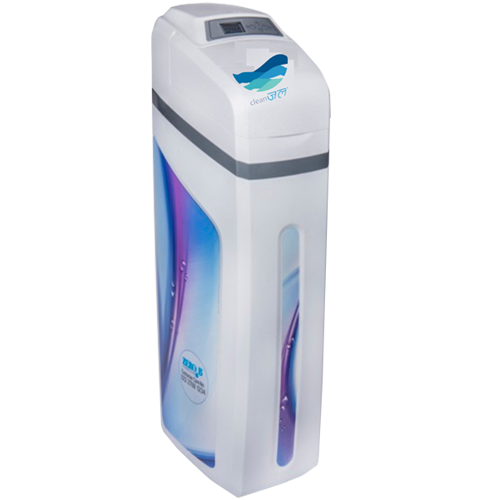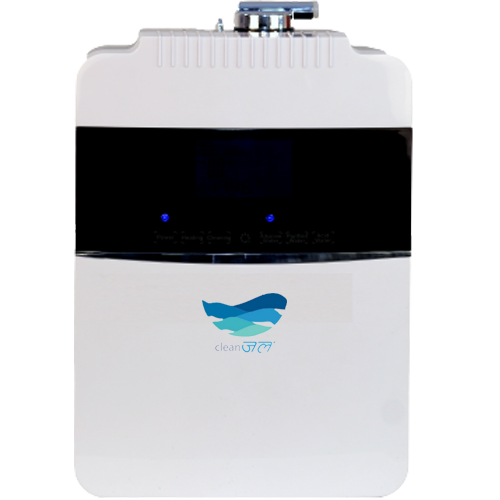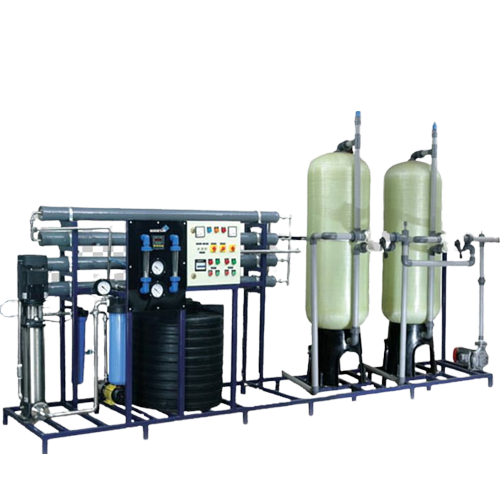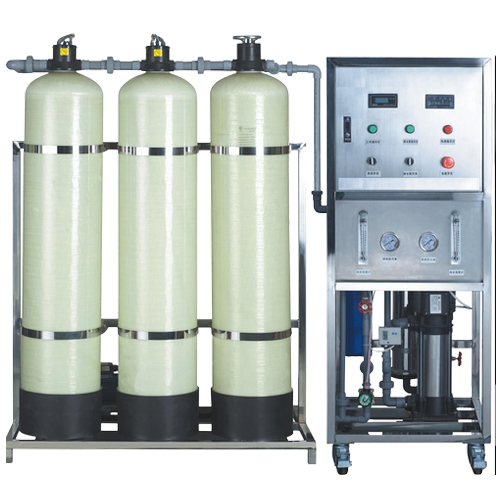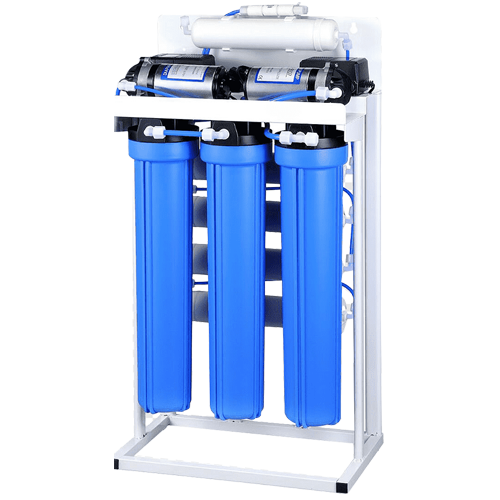What is a TDS meter and do you need one? With the increasing presence of chemicals in our drinking water, it is more important than ever to ensure that you are drinking clean and healthy water.
A TDS meter (total dissolved solids) is one of the most effective tools for testing the quality of your water. This article will explain what a TDS Meter is, how it works, and why you may need one. So, keep on reading this article on What is a TDS meter and do you need one?
We’ll also provide some tips on how to use a TDS meter correctly and safely. So whether you’re concerned about contaminants in your tap water or want to make sure that your city’s drinking water meets health standards, this article will help answer your questions about TDS meters.
What is a TDS meter and do you need one?
A TDS meter is a tool that measures the total dissolved solids (TDS) in a given water sample. While not all dissolved solids are harmful, some can be indicative of water contamination. Therefore, knowing the TDS of your water can help determine whether or not your water is safe to drink.
There are a few different ways to test for TDS, but using a TDS meter is generally considered to be the most accurate method. If you’re concerned about the quality of your water, you may want to consider investing in a TDS meter.
Cleanjal water purifiers have the best TDS meters
If you’re looking for a TDS meter that is both accurate and affordable, Cleanjal water purifiers are the way to go. With a wide range of products to choose from, you’re sure to find a model that suits your needs. In addition, Cleanjal water purifiers come with a one-year warranty, so you can be confident in your purchase.


What is a TDS meter ?
TDS meters measure the total dissolved solids (TDS) in a solution. Dissolved solids are defined as any minerals, salts, metals, cations, or anions dissolved in water.
TDS meters are used to monitor the purity of water and to ensure that it meets standards for drinking, cooking, and other purposes.
Handheld meters are portable and can be used to test water samples from any source. Inline meters are permanently installed in a water line and continuously monitor the water quality.
TDS meters use electrical conductivity to measure the number of dissolved solids in a solution. The conductivity of a solution is directly proportional to the concentration of dissolved solids it contains.
The benefits of using a TDS meter
If you’re wondering whether or not you need a TDS meter, the answer is yes! A TDS meter has many benefits, including:
– Ensuring your water is safe to drink: A TDS meter can test the purity of your water, and let you know if it’s safe to drink.
– Saving money: A TDS meter can help you save money on your water bill by letting you know how much water you’re using.
– Helping the environment: By knowing how much water you’re using, you can help conserve this precious resource.
A TDS meter is a small, portable device that is easy to use. If you’re concerned about the quality of your water, or just want to be more mindful of your water usage, a TDS meter is a great investment.
Conclusion
A TDS meter is a must-have for any water enthusiast or gardening hobbyist. This handy little device helps you to monitor the quality of your water and ensure that all chemicals, minerals, and other contaminants are kept at bay.
Not only does it help keep your plants safe from toxins, but it also allows you to get the most out of each drop by making sure that all nutrients are present in just the right amounts. So if you’re looking for an easy way to improve the health of your garden or improve your drinking water without having to do too much work or buy expensive equipment, then investing in a TDS meter might be worth considering.


